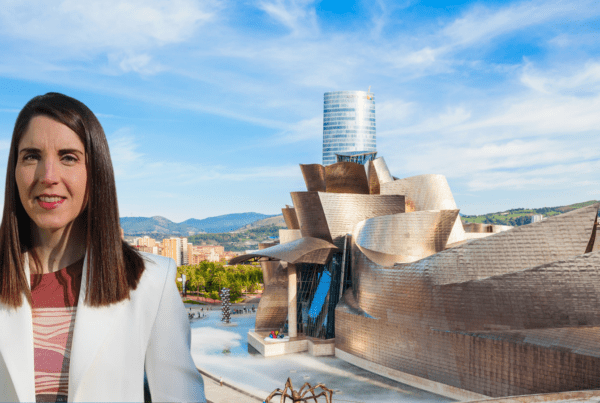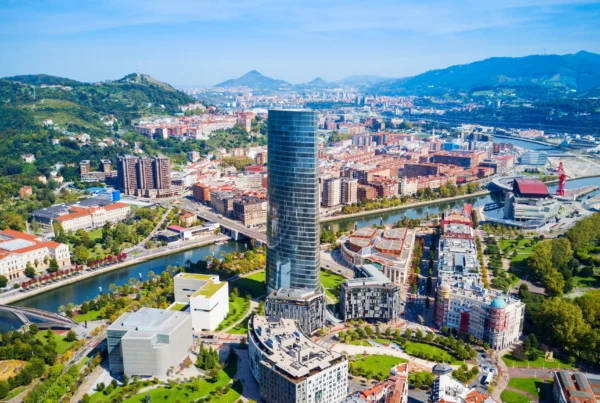CEMR outlines the crucial role of municipalities and regions in making Europe climate neutral by 2050
The European Green Deal, launched in December 2019, sets out the EU’s ambition to become the world’s first climate-neutral continent by 2050. While the framework is driven at the European level, its implementation will rely heavily on municipalities and regions. Local and regional governments (LRGs) are already responsible for delivering 70% of climate mitigation measures, 90% of adaptation policies, and 65% of the Sustainable Development Goals (SDGs). The Council of European Municipalities and Regions (CEMR) highlights that empowering these actors is essential to achieving the Green Deal’s goals.
CEMR stresses that LRGs are not only implementers but also innovators, mobilising citizens and setting ambitious targets beyond EU requirements. For example, the 10,000 signatories of the Covenant of Mayors have pledged to reduce CO₂ emissions by 47% by 2030, well above the EU’s current 40% target.
CEMR puts forward several recommendations to strengthen the Green Deal’s delivery:
- Recognition and resources: LRGs must be recognised as full partners, equipped with sufficient financial capacity and flexibility to adapt implementation to diverse local realities.
- Better regulation and coordination: The EU should enforce existing legislation, improve policy coherence between sectors, and avoid additional administrative burdens for local governments.
- Climate and energy: Ambitious targets are welcome but must be matched with adequate resources. Local authorities should be included in decision-making on National Energy and Climate Plans (NECPs). Renewable energy should be treated equally, whether produced onsite or via networks such as district heating.
- Circular economy: Municipalities manage nearly 500 kg of waste per capita annually and are central to recycling, waste reduction, and energy recovery. Their role must be reinforced in shaping circular consumption and production patterns.
- Clean mobility: LRGs are at the forefront of decarbonising transport and public mobility, but need financial and regulatory support to modernise infrastructure and introduce innovative solutions.
- Financing the transition: Investment is critical. Tools like the Just Transition Fund are welcome but insufficient. Sustainable local investments should be exempt from EU debt rules to unleash their full potential. Innovative funding mechanisms tailored to municipalities of all sizes are also needed.
- Global leadership: LRGs can act as ambassadors of the Green Deal through international cooperation, capacity building, and partnerships with local authorities abroad, reinforcing Europe’s climate leadership on the global stage.
Europe’s success in delivering the Green Deal will be determined locally. Municipalities and regions are already leading in climate action, but they need recognition, resources, and flexibility to scale up their efforts. By ensuring LRGs are fully integrated into EU policies and financing, the Green Deal can drive not only a carbon-neutral Europe but also a more sustainable, inclusive, and resilient future.
For more information, contact:

Advisor – Environment and mobility







